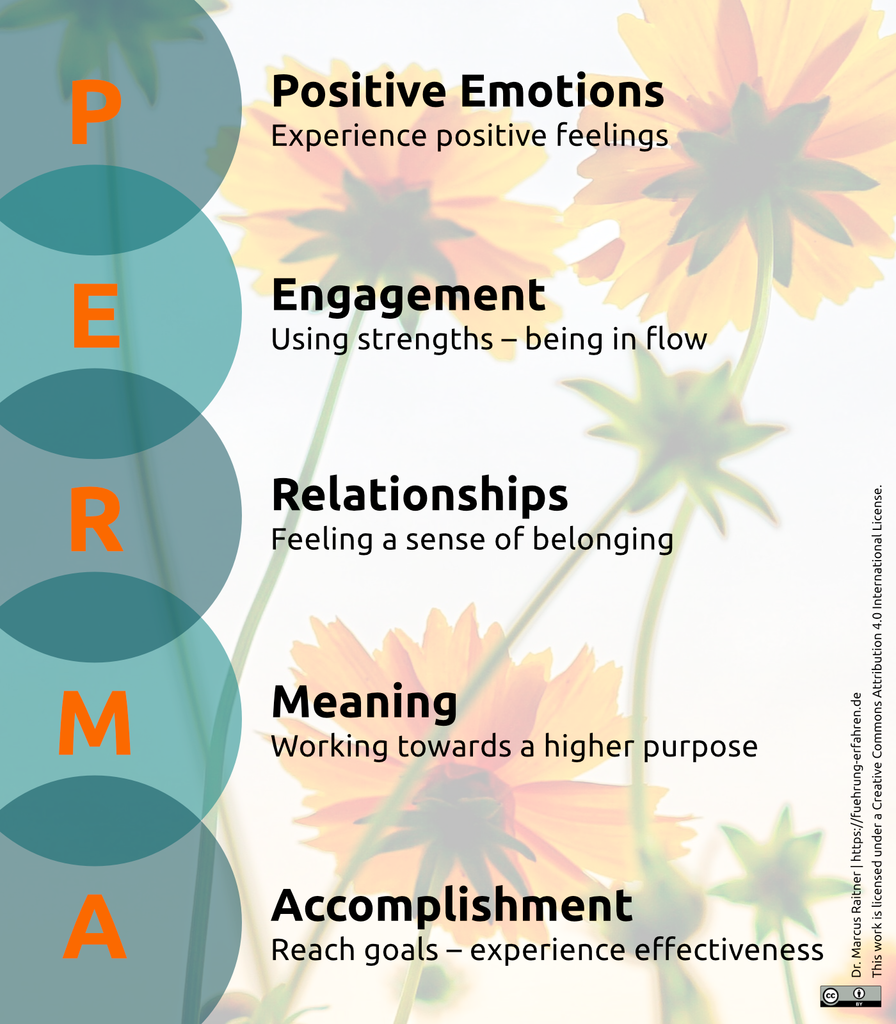A year of uncertainty, challenges and change is coming to an end. It began for us as it could not have begun better: On January 4, our son Valentin was born healthy and happy. Since then, this little bundle of energy has enriched our lives as parents and the lives of his two sisters Marie and Ella in a unique way. I am incredibly grateful for that.
Then came Corona. Like so many, I spent most of the year in the home office. I am also very grateful for this, because it allowed me to experience our family life and especially the first year of Valentin’s life with an intensity that I had never known before, despite several months of parental leave with our daughters.
A crisis like this also has a catalytic effect. Some things become clearer than they were before. For me, Corona accelerated the process of my professional reorientation. Perhaps this crisis is the worst time for this, but perhaps it is also the best, because in many companies the pressure to change towards more agility has increased considerably as a result of the crisis. Essentially, I agree with Max Frisch: “A crisis is a productive state. You simply have to get rid of its aftertaste of catastrophe.”
Love it, Change it or Leave it
What we call the beginning is often the end. And to make an end is to make a beginning. The end is where we start from.
T.S. Eliot
I had never made a secret of my pain of adaptation in the corporate world before. I stayed nevertheless because I felt I had a unique opportunity to bring about change together with many fellow campaigners and to teach the elephant to dance a bit.
Initially, I found hope in grassroots movements such as the Connected Culture Club and Working Out Loud, both of which are significant contributions to strengthening an open learning culture as a foundation for agility.
My focus in recent years has clearly been the agile transformation of BMW Group IT. A few scattered agilists from the early days (another grassroots movement) and a lot of pioneering spirit gave rise to the 100% Agile strategy at some point at the end of 2016, and for me this marked the beginning of the most instructive and rewarding two and a half years as an Agile Transformation Agent.
Since mid-2019, the agile transformation of the BMW Group IT has now entered a phase of consolidation, operationalization and industrialization. The time of pioneering is thus over. That is why we now need fewer pioneers and more settlers and, in particular, town planners, to use Simon Wardley’s very appropriate model. But I am a passionate pioneer, and that is why I must now also be consistent and find a new professional home where this competence and passion can once again be put to better use here and now.
There is a time for everything.
Your time is limited, so don’t waste it living someone else’s life. Don’t be trapped by dogma — which is living with the results of other people’s thinking. Don’t let the noise of others’ opinions drown out your own inner voice. And most important, have the courage to follow your heart and intuition. They somehow already know what you truly want to become. Everything else is secondary.
Steve Jobs
Now, of course, the question is where this place is and where I am specifically being drawn to. What is clear is that I will build on my experience with agility, with agile transformation and also with agile leadership along the lines of my Manifesto for Human(e) Leadership. Whether as an independent keynote speaker and consultant or at a consulting company or in another corporate, however, is not yet revealed.
Things remain exciting.
What Has Not Changed
The Manifesto for Human(e) Leadership became available in English as a paperback in January of this year, and both editions are still very popular, with over 4,500 copies sold to date. A special joy for me are the almost 100 reviews on Amazon with an average of 4.5 out of 5 stars. Since there is no big publisher with big marketing behind my books, every single review helps spread the word about the manifesto.
Also in 2020, the year of the tenth anniversary of this blog, I published 50 articles here. True to my motto, borrowed from Heinrich von Kleist, of the gradual fabrication of thoughts while writing, I processed what was on my mind in these articles. Unsurprisingly, these were topics around agility and leadership, especially in the distributed scenario triggered by the Corona pandemic, which is also reflected in these five most-read articles.
The frequently asked question “How do I control whether my employees in the home office do their work?” is actually an oath of disclosure. It is an expression of leadership failure based on a deplorable conception of man.
Marcus Raitner
Video Conferencing Is Not a Solution Either

Now that so many people are working at home, the question arises how to work together well remotely. Spatially distributed collaboration does not only happen through video conferencing, but also and primarily requires written and asynchronous communication.
[More]
Cult of Presence Narratives: The Captain Belongs on the Bridge

With the first loosening of the exit restrictions, in many offices the ramp-up back to the pre-Corona cult of presence begins, because real work can only be done in the office and only under supervision.
[More]
The Home Office: What It’s Really All About

Home office is in fact only at first glance a question of where you work. In essence, it is about equality, about concepts of human nature, trust instead of control, and fundamentally about the relationship between manager and knowledge worker.
[More]
Leadership at a Distance — Gardener Beats Chess Master

The crisis is accelerating digitalization. Distributed collaboration from home rather than together in an open-plan office is suddenly the standard. But how does leadership at a distance succeed? Some incitements to reconsider from the Manifesto for Human(e) Leadership.
[More]
The Five Pillars of Well-Being

In which environment do people flourish and what makes them wither? And what essential categories are there, anyway, to influence this process. Where can leadership exert its influence? The PERMA model by psychologist Martin Seligman offers some very good answers.
[More]
Thank You!
My thanks goes to all readers and especially to those who generously support my work here via Steady, because only this way I can run the blog here free of any advertising.
With this article I say goodbye for this year and wish restful holidays and a good start into a healthy and hopefully less turbulent year 2021.



